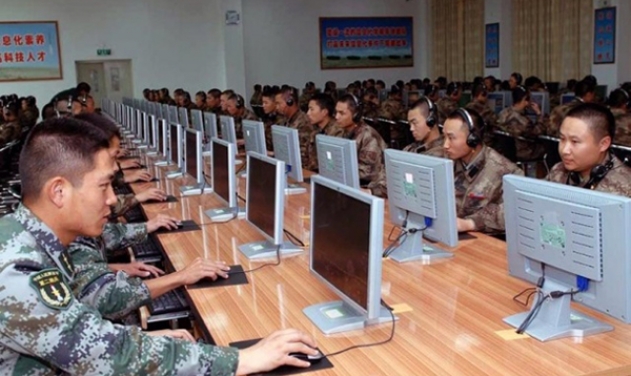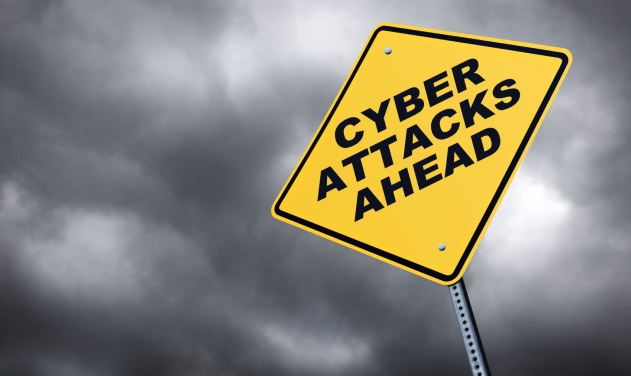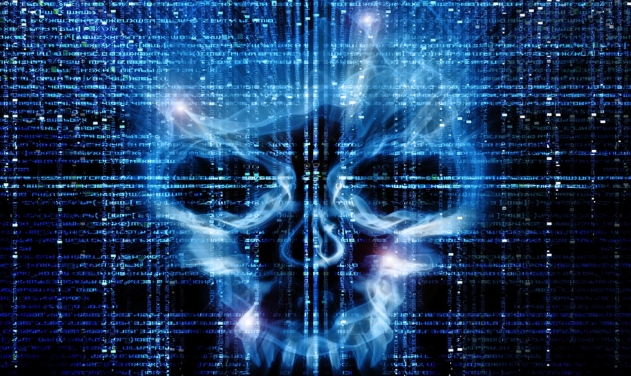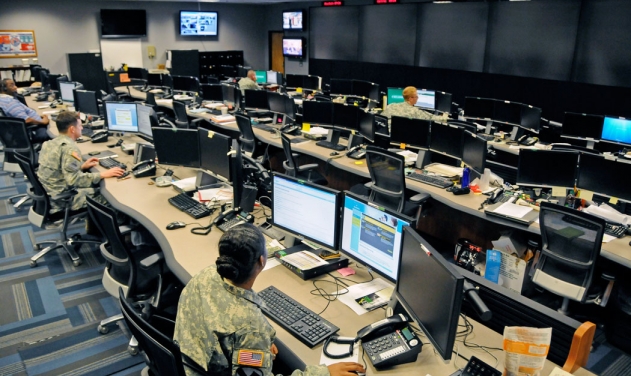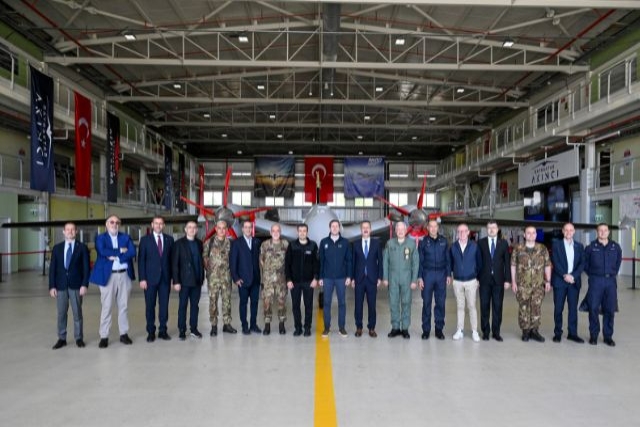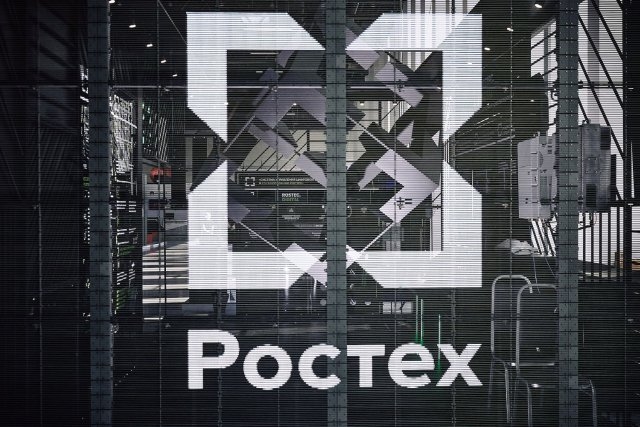Montenegro To Strengthen Security Following Election Day Cyber Attacks
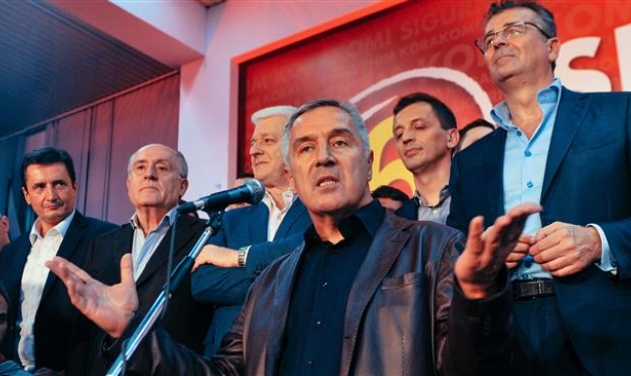
Montenegro has considered strengthening cyber security, police capabilities and intelligence services to prevent hacking attacks amid reports that Russian hackers had a role in downing several websites on Election Day, October 16.
The government is also establishing a national council for online security, forming a special unit to combat high tech crime within the police and by buying new equipment and modern software, according to the action plan discussed last week during the government's session, which was seen by Biomedical Informatics Research Network (BIRN).
The state should also determine the "crucial internet infrastructure", the document said.
Montenegrin officials have also blocked the popular messaging services WhatsApp and Viber during the parliamentary election held on October 16 that was won by Prime Minister Milo Djukanovic's party, Balkan Insight reported today.
The ban drew complaints from opposition politicians and the concerns were expressed from European election watchers.
Viber and WhatsApp were blocked for several hours during the voting because of "unlawful marketing" that was being spread through social networks, an official said.
Moreover, people were receiving spam text messages which claimed that Djukanovic's ruling party was offering money to Montenegrins in the diaspora to come and vote, the official added.
Various pro-government portals also went down on Election Day and on numerous times during the campaign. The website of the watchdog Center for Democratic Transition, which monitored the elections, was also at times unreachable. However, the authorities assured to investigate the background to all those attacks.
"The National Security Agency is investing significant efforts in order to create normative and operational mechanisms to combat cyber crime and espionage, which along with terrorism and organized crime, is becoming the biggest security challenge," the government has said in a document.
Meawhile, Montenegro's leaders accused Russia of meddling in the election, which Moscow has denied. Some media close to Djukanovic claimed the hacking attacks came from the same Russian hackers allegedly behind recent cyber attacks in the US.
Russian officials and opposition party members in Montenegro have denied allegations of interference in the electio
